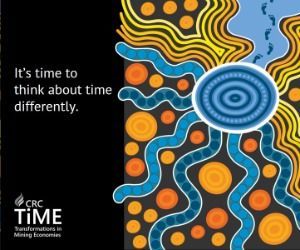1MG FlippingBooks
Amazing Facts - Policy and Economics
By Rose Lane

Best known as the 13th President of the European Union, Ursula von der Leyen is a fascinating figure with a multifaceted background that has influenced her career in politics. She represented a groundbreaking selection for the role, being the first woman to hold the office. She was chosen as someone whom European leaders thought could foster unity within the Union amidst growing divisions over issues like migration, economic policy, and the rule of law.
But she was already breaking glass ceilings before her appointment as EU President, becoming Germany’s first female Minister of Defence in 2013 in the government of Angela Merkel. The role is one of the most challenging in German politics and came with a host of responsibilities and controversies from dealing with international conflicts to managing the armed forces.
It may be that she acquired these skills for conflict resolution while raising her seven children, as she has often spoken about how her experiences of motherhood have shaped her views on family policy, education, and social services.
Unsurprisingly, she is a strong advocate for gender equality. As Minister for Family Affairs, she implemented policies aimed at improving child care and parental leave and has continued to advocate for better representation of women in politics and business.
Von der Leyen was actually born and raised in Belgium to German parents. Her father, Ernst Albrecht (no relation to the Aldi supermarket Albrechts) was serving in Brussels as a European Commission official. She lived there until she was 13 when the family returned to Germany.
Perhaps most surprising, before entering politics, von der Leyen trained as a medical doctor. She specialised in women’s health and worked as an assistant doctor at the Women’s Clinic of the Hanover Medical School. This background was particularly relevant during the COVID-19 pandemic, however her handling of vaccine procurement during the crisis came under scrutiny as delays and logistical issues hindered the rollout in many EU member states.
Perhaps her greatest challenge is now the management of climate change mitigation. She has been instrumental in the introduction of the European Climate Law which makes it mandatory for the EU to reach “climate neutrality” by 2050 and includes “an ambitious 2030 climate target of at least 55% reduction of net emission of greenhouse gases as compared to 1990”. It speaks to how in-tune she is with the impacts of climate change on the younger generation that she invited Greta Thunberg to address the College of Commissioners before the law was formerly adopted. Of course, she also acknowledges the impacts it will have on her own children.










